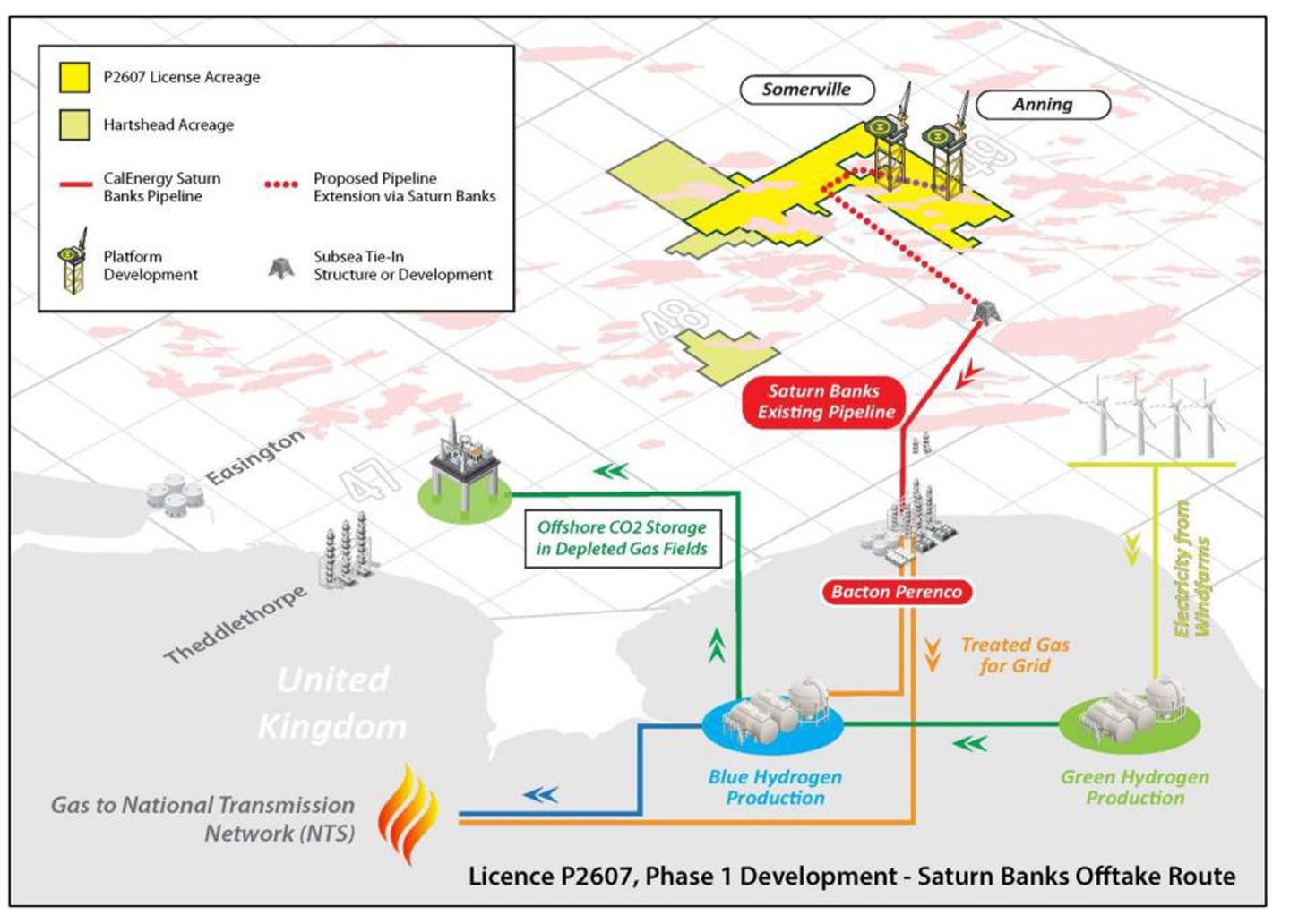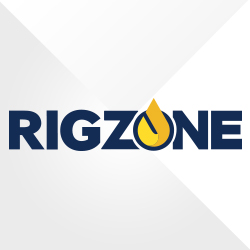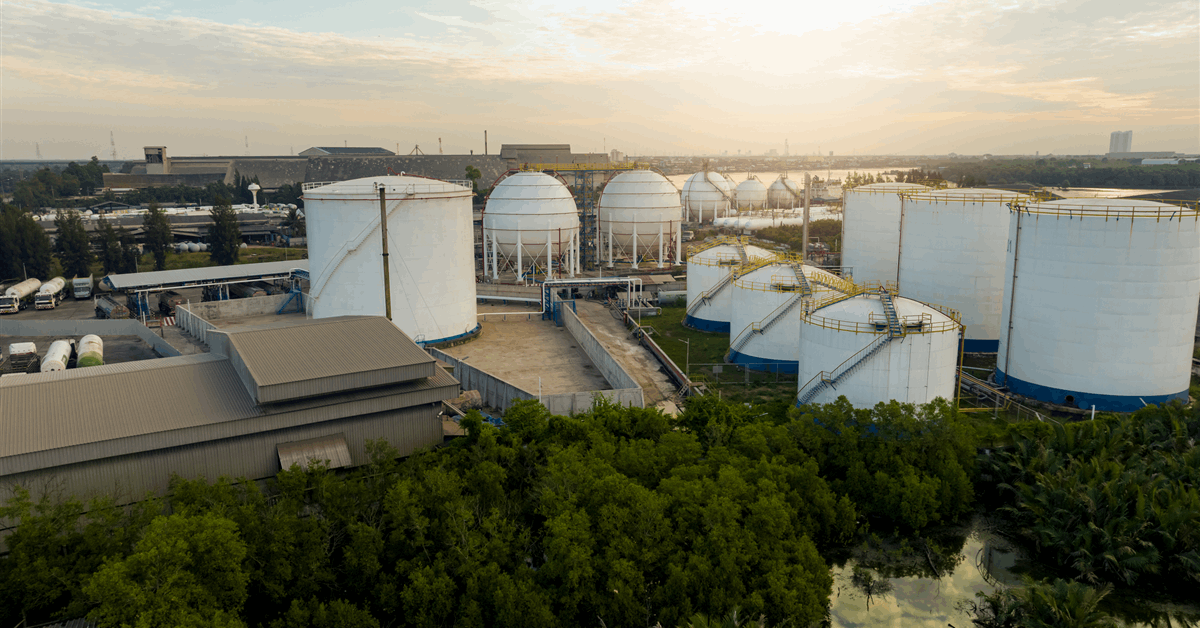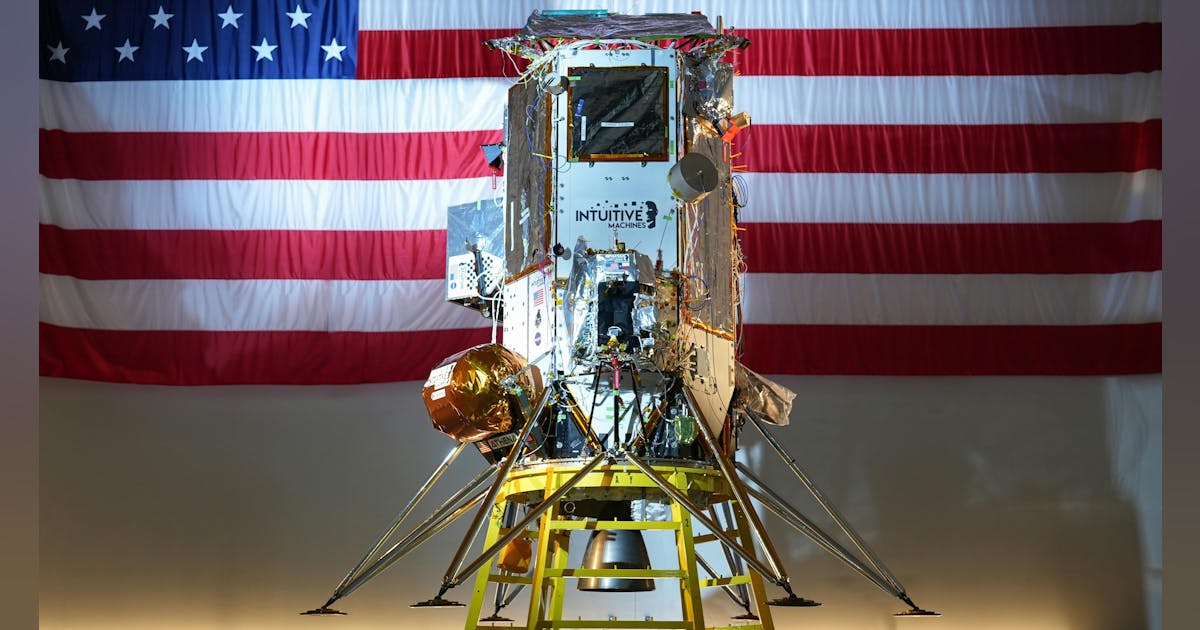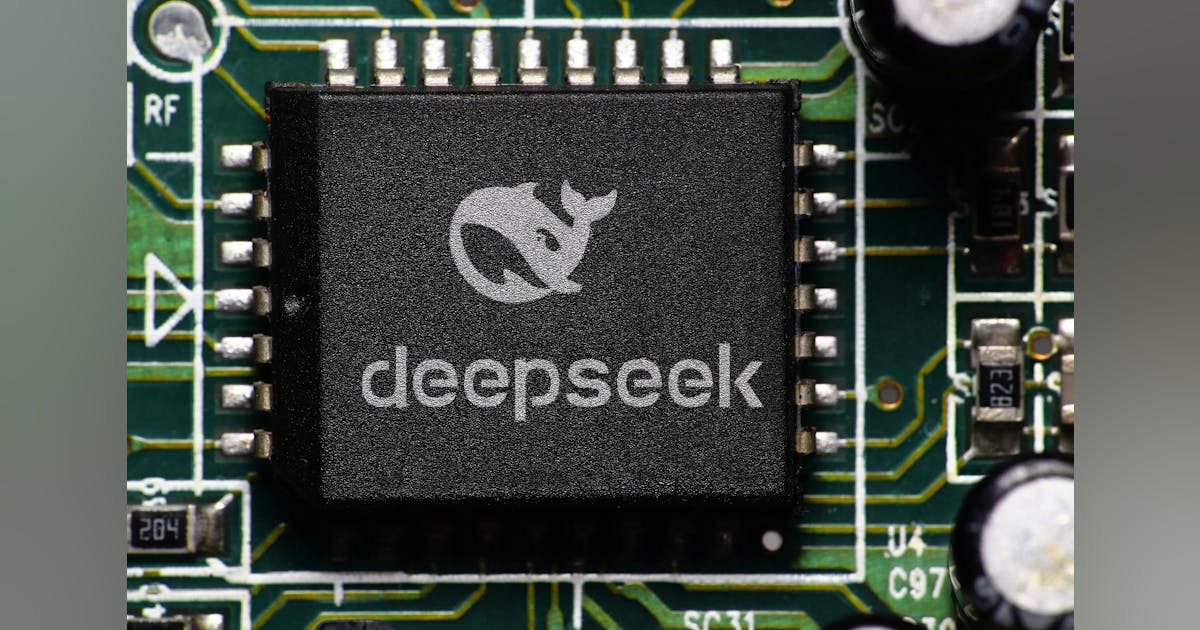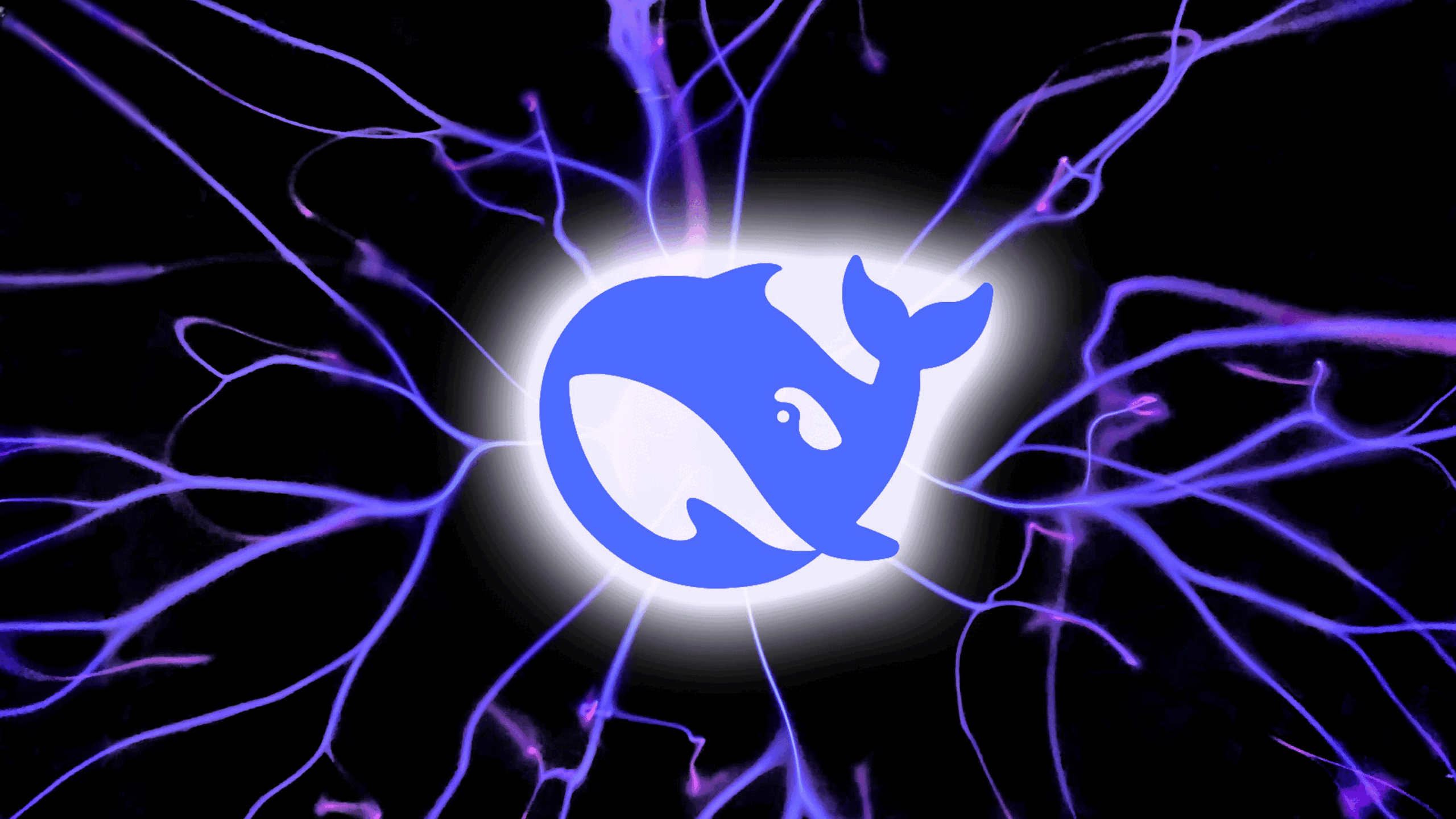
In a statement sent to Rigzone this week, Shell announced that it has restarted production at the Penguins field in the UK North Sea with a modern floating, production, storage, and offloading (FPSO) facility.
The Penguins FPSO was built by Sevan and is the first new Shell-operated facility in the UK North Sea for over 20 years, Shell noted in the statement.
The previous export route for the Penguins field was via the Brent Charlie platform, Shell highlighted in the statement, adding that this ceased production in 2021 and is being decommissioned. The company said the new FPSO will have around 30 percent lower operational emissions compared with Brent Charlie and noted that it is expected to extend the life of the field “by up to 20 years”.
The redevelopment of the Penguins field has involved drilling additional wells, which are tied back to the new FPSO, Shell said in the statement. The field is in 541 feet of water depth, around 150 miles north-east of the Shetland Islands, the company highlighted, adding that it was discovered in 1974 and previously produced oil and gas between 2003 and 2021.
Peak production is estimated at around 45,000 barrels of oil equivalent per day, Shell noted in the statement. The company pointed out that the field currently has an estimated discovered recoverable resource volume of approximately 100 million barrels of oil equivalent.
The Penguins FPSO is operated by Shell plc subsidiary Shell U.K. Limited, the statement highlighted. Shell has a 50 percent operated stake in Penguins, with NEO Energy holding the other 50 percent interest, the release pointed out.
In a statement posted on its site in December last year, Shell announced that Shell U.K. Limited and Equinor UK Ltd, a subsidiary of Equinor ASA, will “combine their UK offshore oil and gas assets and expertise to form a new company which will be the UK North Sea’s biggest independent producer”.
On deal completion, the new independent producer will be jointly owned by Equinor and Shell, that statement noted, outlining that each company will hold a 50 percent interest. Shell’s Penguins statement outlined that this joint venture “will take on Shell’s equity interests in Penguins”.
In its Penguins statement, Shell noted that, on its Capital Market Day in 2023, the company “committed to deliver upstream and integrated gas projects coming on stream between 2023 to 2025 with a total peak production of greater than 500,000 barrels of oil equivalent per day”. Shell pointed out in its statement that “Penguins is expected to contribute to this commitment”.
Last month, in a release posted on its website, Shell announced that production had started at the Shell-operated Whale floating production facility in the Gulf of Mexico.
“With an estimated peak production of 100,000 barrels of oil equivalent per day, Whale currently has an estimated recoverable resource volume of 480 million barrels of oil equivalent,” Shell noted in that release.
Shell Offshore Inc has a 60 percent operated interest in the Whale development and Chevron U.S.A. Inc holds the remaining 40 percent stake, Shell highlighted in that release.
In a release posted on its site in July last year, Shell said the operator of the Jerun field in Malaysia had announced that first gas had been achieved.
Jerun is operated by SapuraOMV Upstream, with a 40 percent stake, in partnership with Sarawak Shell Berhad and PETRONAS Carigali Sdn Bhd, which each have a 30 percent interest, that release pointed out.
“The Jerun platform is designed to produce up to 550 million cubic feet of gas per day, with condensate production of 15,000 barrels per day during peak production,” Shell said in the release.
To contact the author, email [email protected]





